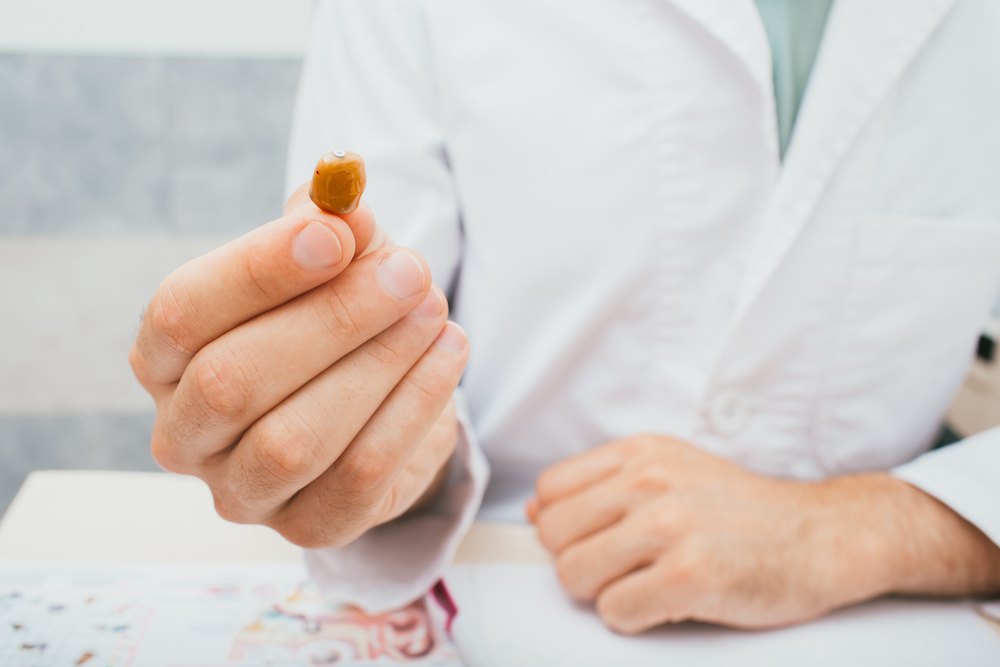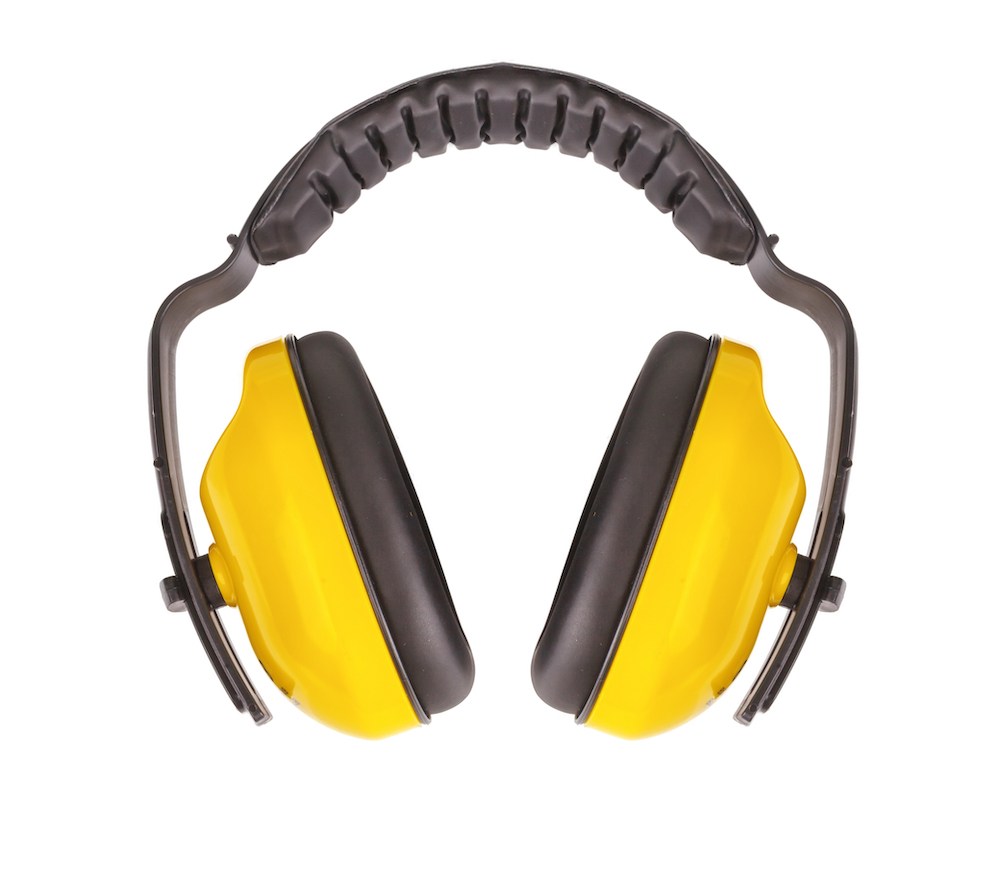Key Signs That Your Need a Hearing Test
A hearing test is one of the most routine services that any audiologist


A hearing test is one of the most routine services that any audiologist

In the workplace, protecting your hearing is essential for staying safe

It’s not uncommon for individuals to experience varying problems with a